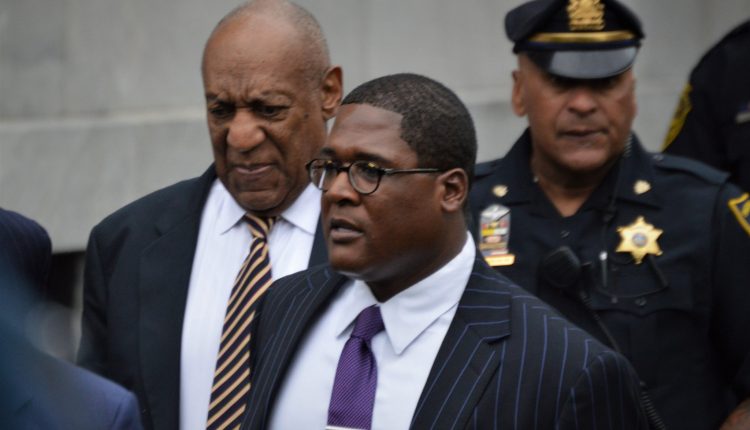3 Potential Issues for Cosby’s Expected Appeal
Following the April 26 conviction of Bill Cosby on three counts of “aggravated indecent assault” for drugging and sexually assaulting Ms. Andrea Constand, his lawyers stated that they expect to appeal the conviction. But what issues are likely to be appealed and what are the bases for them? Below Dr. Dariush Adli, Ph.D., Esq., the Founder and President of ADLI Law Group, provides insight on three potential issues that could crop up.
Testimonies of Additional Witnesses
Close to 60 women have now come forward and accused Bill Cosby of the same behavior that was at issue in this trial; namely that Cosby drugged and engaged in sexual activities with them against their will. However, the complaints by these accusers were not at issue in the just concluded Cosby trial, which only dealt with accusations of one, Andrea Constand. Nevertheless, the judge allowed five women with similar stories to testify at the trial with their unproven allegations. Cosby’s attorneys contend that the testimonies of these witnesses were highly prejudicial and even detrimental to their case as it “poisoned” the juries’ mind to the point where the jury did not have the ability to impartially judge the particular case before them.
Under rules of evidence, so called “prior bad acts” or “character evidence” can come in as evidence under certain limited circumstances. However, the prejudicial nature of such evidence must be carefully considered against its probative value. In this case, the allegations which these women testified to had not been proven in any court or judicial proceedings and the judge did not explain why he was allowing the additional five women to testify.
On the flip side, Cosby’s counsel is unhappy that the judge did not allow them to introduce potentially incriminating evidence showing that Ms. Constand may in fact have been aware of Cosby’s romantic intentions when she visited him at his home with the purported aim of getting some job advice. The evidence Cosby’s lawyers wanted to present was the deposition testimony of Sheri Williams, a friend of Ms. Constand, who had testified many years ago in Ms. Constand’s civil suit against Cosby, which was later settled in 2006 for a reported sum of about $3.5M. when Cosby’s lawyers could not find Ms. Williams, they offered to use her deposition testimony from the civil proceeding. The judge denied that request on the basis that the prosecution was not present at that deposition to cross examine Ms. Williams. Cosby’s attorneys contend that in light of the judge allowing five witnesses unrelated to the case to testify against Cosby, he should have allowed the deposition testimony of Ms. Williams to be read to the jury.
The Effort to Replace the Judge for Bias
Before the Cosby trial, Defense lawyers learned that the judge’s wife had actively and publicly supported sexual assault victims in the past. The judge’s wife was employed as a psychotherapist at the University of Pennsylvania and part of her responsibilities in that position involved coordinating and organizing an advocacy group for sexual assault victims. They also pointed to a $100 donation made by the university department that employed her to a group who planned protests during the Cosby’s trial. The judge refused to step aside, stating that he and his wife did not see eye to eye on issues.
On appeal, Cosby’s lawyers may argue that some of the Judge’s actions during the trial, specially allowing five women with unproven allegations to testify against Cosby, while not allowing Cosby’s side to present evidence from Ms. Williams, confirm their suspicion of bias and validate their original position that the judge should have recused himself from the case.
Statute of Limitations
During the trial, Ms. Constand testified that her sexual encounter with Mr. Cosby occurred in Jan. 2004. Attorneys for Mr. Cosby have argued that there is insufficient evidence to establish that as the date of the alleged sexual assault. The date is especially significant because it is so close to the state’s 12-year statute of limitations period for brining such a claim. Mr. Cosby was charged in December 2015. If the actual date of the event is found to have been a few weeks earlier, Ms. Constand’s claim would be barred by statute of limitations.




